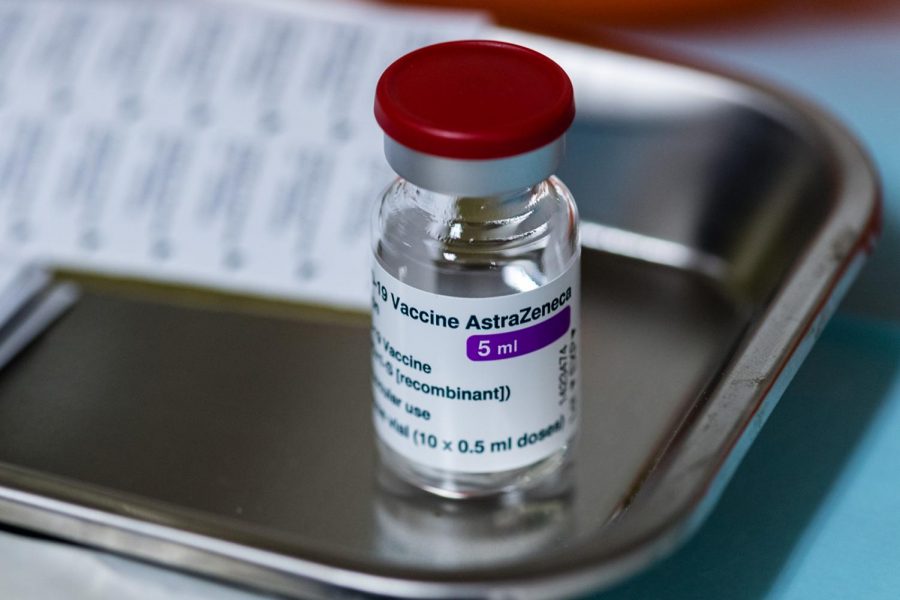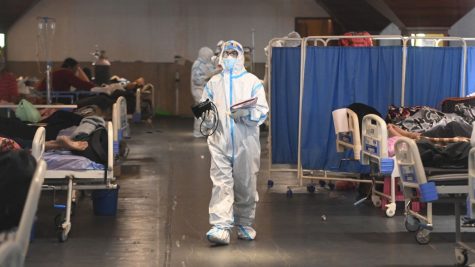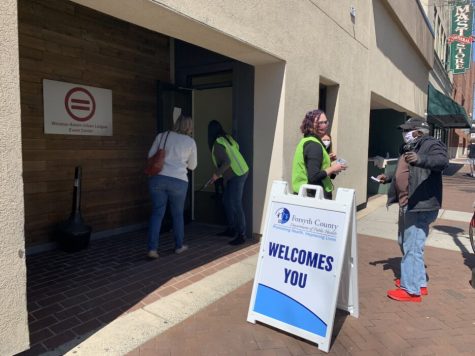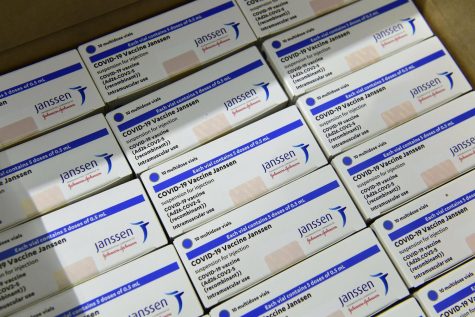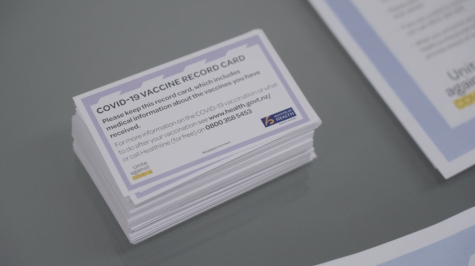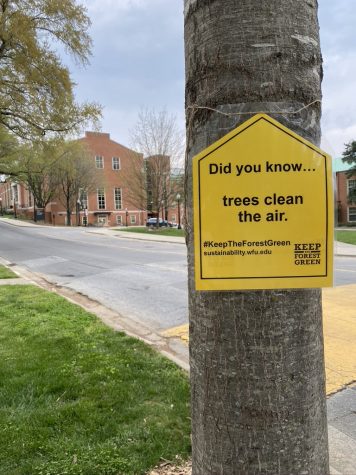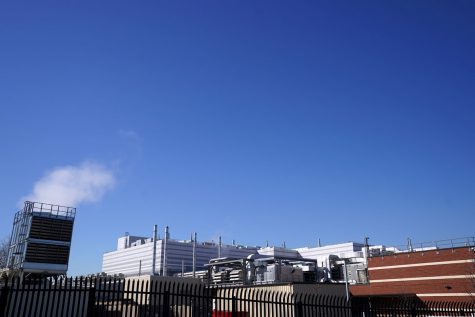AstraZeneca vaccine rollout paused in Europe
After some patients developed blood clots, the EU paused its rollout of the vaccine
The AstraZeneca vaccine has been linked to a death in Austria and multiple blood clot developments in Germany. Thus, some countries have paused its distribution.
March 18, 2021
This week, Europe has succumbed to yet another wave of COVID-19 cases amid multiple countries’ decisions to pause AstraZeneca vaccinations.
The chaos started when Norway and Denmark suspended the use of the new vaccine, reacting to multiple reports of blood clots forming after inoculation. The Danish officials described the decision as a “precautionary” measure that would last a period of 14 days.
On March 7, the primary case — and the basis for the reaction of many European countries — was reported in Austria. A 49-year old woman received the AstraZeneca vaccine and died shortly after as a result of a severe blood coagulation disorder. There was another individual affected by the same batch of vaccines. A 35-year old developed a pulmonary embolism after vaccination, and he is said to be recovering. Additionally, there were seven reported cases of cerebral blood clot formations in Germany.
These developments have been the primary reason for the halt in AstraZeneca vaccinations. Concern has been raised due to the sheer number of reported illnesses and deaths, and also as a result of the relatively young age of those affected.
The European Medicines Agency (EMA) has been investigating several more incidents of clotting that occurred last Sunday in Norway and Denmark, although they have added to the speculation that there might not be a link between the vaccine and the illnesses. The EMA said in a statement that “many thousands of people develop blood clots annually in the EU for different reasons.”
Germany’s decision to suspend the rollout of AstraZeneca prompted confusion from both the World Health Organization (WHO) and the EMA, as well as general confusion from most medical experts around the world. The suspension decision — which was made on Monday — has drawn the concern of many epidemiologists and top government officials, too.
“We are exactly on the flank of the third wave [of the COVID-19 pandemic]. That can no longer be disputed. And at this point, we have eased the restrictions and that is speeding up the exponential growth,” Dirk Brockmann, an epidemiologist at the Robert Koch Institute, told Germany’s public broadcast network.
However, Germany’s decision has caused a domino effect within Europe’s vaccination plan. Spain, the Netherlands, Ireland and Italy have temporarily stopped distributing the AstraZeneca vaccine, despite the advice and expertise of medical agencies.
The U.K. remains the only country that has continued administering the vaccine and has reported a massive reduction in the risk of hospitalization of people aged over 80 by more than 80%, according to new data from Public Health England (PHE). Despite these successes, the U.K. still faces an uphill climb in the fight against COVID-19 and in the administration of the vaccine. The E.U. has considered a restriction on the export of COVID-19 vaccines to the U.K., because of the lack of reciprocity exhibited by the U.K. to the E.U.
The European Union is now leading the fight against international hesitation in dispensing the AstraZeneca vaccine.
“We are still firmly convinced that the benefits of the AstraZeneca vaccine in preventing COVID-19 with its associated risk of hospitalization and death outweigh the risk of the side effects,” said Emer Cooke, the head of the EMA.
European countries are now working to overcome this stumbling block in the public trust in the AstraZeneca vaccine. Leading medical experts are now in the midst of an inquiry into the effects of the vaccine, the results of which will be determined and released today. EU leaders are hoping the info will help boost public trust.


